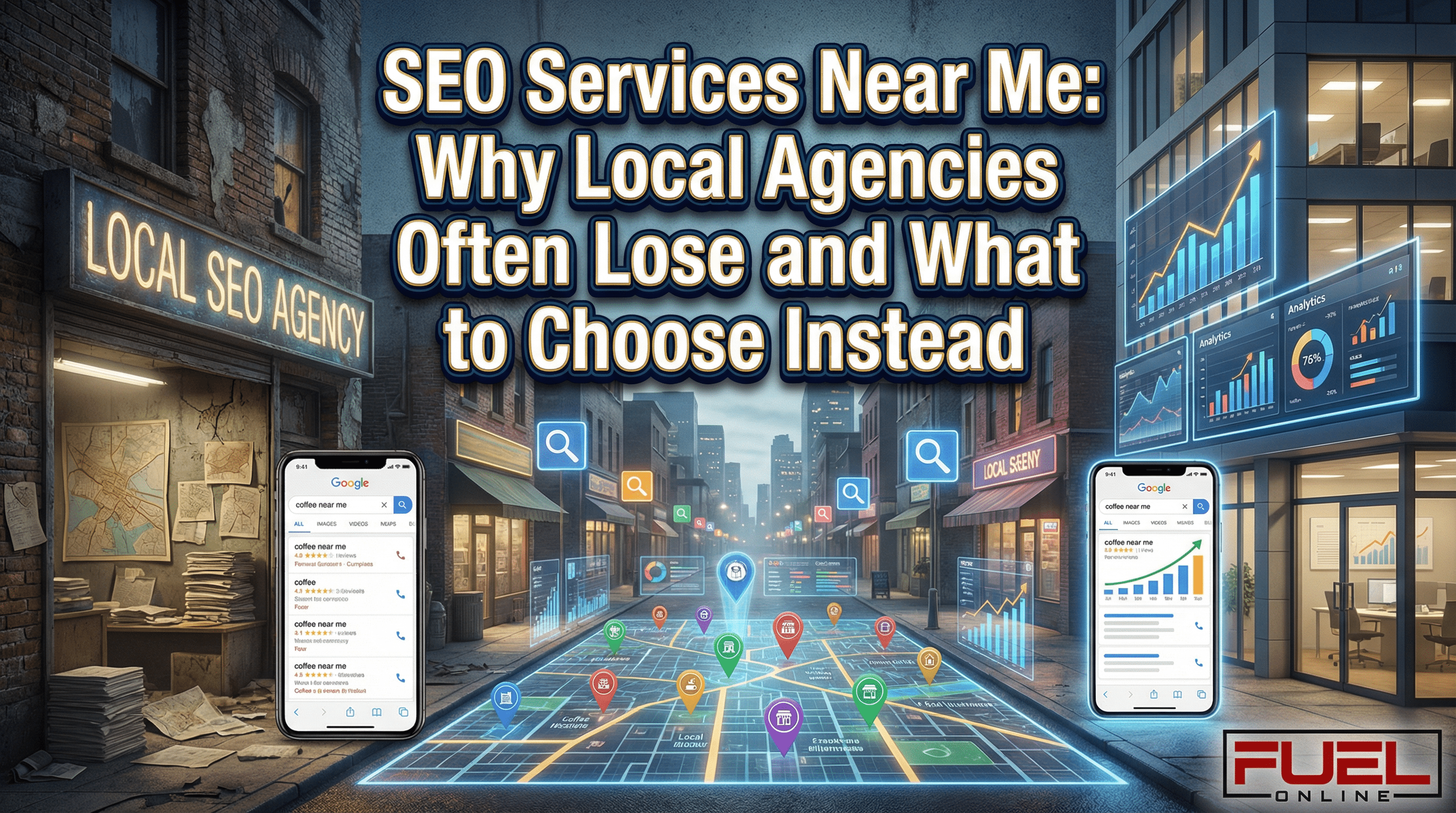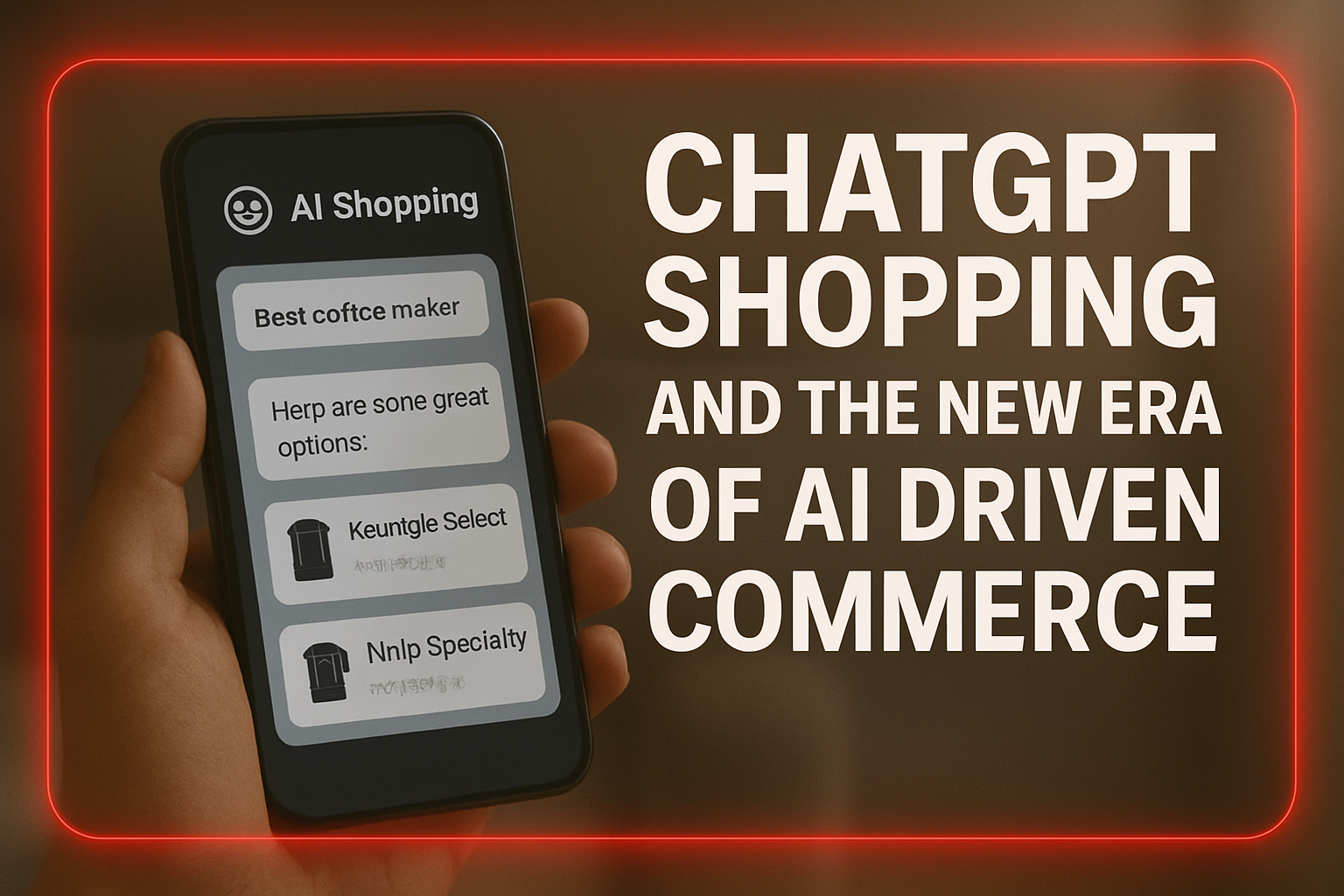For more than two decades, Google rank tracking has been the heartbeat of SEO. Agencies, consultants, and in-house teams have depended on knowing where a page stood in Google’s results, whether on page one, buried on page four, or completely invisible. These rankings informed reports, budgets, and strategies. In early 2025, that heartbeat has grown irregular.
Google has quietly removed the ability to show 100 results per page using the &num=100 parameter and many Rank tracking tools are Broken. For years, this simple adjustment allowed marketers and rank-tracking tools to capture large datasets at once. That window is now closed. The result is confusion, unreliable reporting, and growing questions about what visibility really means in search today.
What Changed and Why It Matters
Until recently, SEO professionals could request a single page of Google results that contained 100 listings. This gave tracking platforms like Ahrefs, SEMrush, STAT, and countless proprietary tools a consistent dataset to measure. With that option gone, data collection is fragmented. Tools must scrape multiple pages, which often introduces errors or misses results beyond the first page.
The impact is immediate. Search Console reports are showing unusual anomalies. Impressions have dropped across many accounts, while average position has improved. At first glance, this looks like progress. In reality, the missing impressions from deeper pages artificially shift averages upward. A keyword that was once consistently tracked at position 40 may now be invisible in reports, leaving the impression that rankings improved even though nothing changed on the ground.
For businesses that rely heavily on impression data, average position, and long-tail keyword tracking, this is disruptive. Marketing reports that once showed steady trendlines now look volatile. Campaign performance appears distorted. Worst of all, it is easy to misinterpret the data as genuine improvement or decline.
What Google Has Said
As of this writing, Google has not issued a detailed explanation. There is no official blog post or Search Central update confirming whether the change is permanent, accidental, or part of a larger strategy. However, the silence is telling. Historically, when Google quietly alters functionality that primarily affects SEOs, it signals a deliberate move rather than a bug.
John Mueller, a prominent Search Advocate at Google, has previously downplayed the importance of rank tracking, suggesting that focusing on user experience, conversions, and broader performance metrics is more meaningful. In that context, the removal of the &num=100 parameter can be seen as consistent with Google’s philosophy. The company wants marketers to focus less on rank positions and more on delivering results for users.
Whether this was an intentional step or a side effect of another update, the outcome is the same. Rank tracking, already an imperfect science, has become even less reliable.
The Bigger Picture: SGE and AI Overviews
This development cannot be viewed in isolation. Google is in the middle of a profound shift with the rollout of the Search Generative Experience (SGE). Instead of serving only ten blue links, search results are increasingly dominated by AI Overviews that synthesize answers, highlight sources, and often resolve queries without a click.
In this environment, measuring success by traditional rank position makes less sense. Being in slot twelve matters little if an AI Overview answers the query at the very top of the page. Likewise, capturing position eight may be irrelevant if the bulk of user attention is consumed by image packs, shopping ads, and generative summaries.
The disappearance of reliable rank tracking coincides with this new reality. It is possible that Google wants to encourage businesses to evolve how they measure success. If that is the case, the message is clear: stop obsessing over positions and start focusing on visibility across the entire search ecosystem, including AI-driven experiences.
Our Take: Why GEO Matters More Than Ever
At Fuel Online, we have long argued that the future of SEO is not about chasing rank numbers. It is about Generative Engine Optimization (GEO), entity-driven visibility, and training AI systems to recognize your brand as the authoritative answer.
The current disruption to rank tracking only reinforces this position. If you cannot trust tools to accurately report positions beyond page one, the smarter investment is to optimize where attention is actually flowing. That means preparing content and data structures to appear in:
- Google AI Overviews within SGE
- Bing Copilot and Edge integrated results
- Perplexity AI’s conversational summaries
- ChatGPT browsing results where enabled
The brands that dominate these generative engines will capture visibility that competitors cannot measure with outdated tools.
How Businesses Should Adapt
The immediate temptation is to dismiss rank tracking entirely. That would be premature. Rankings still matter as part of the broader picture, especially for competitive head terms. However, businesses must adapt their approach in three key ways.
First, interpret data carefully. If impressions are down and average position looks improved, do not celebrate or panic. Compare reporting against real traffic and conversion data. Look for discrepancies between what tools say and what analytics show.
Second, expand your measurement of visibility. Do not rely on a single platform or metric. Track inclusion in featured snippets, knowledge panels, People Also Ask, and AI Overviews. Monitor your brand’s AI Presence Rate, which measures how often your content appears in generative search results across multiple engines.
Third, optimize for AI consumption. This includes strengthening schema, clarifying entity relationships, and designing content that answers questions concisely and authoritatively. Content that is structured for humans and machines simultaneously will perform better in AI-driven summaries.
Industry Reactions
Across the SEO community, reactions range from frustration to cautious optimism. Tool providers are scrambling to adjust. Some are developing new scraping techniques. Others are leaning more heavily on API data from Google Search Console, despite its flaws.
Practitioners who focus heavily on reporting face difficult conversations with clients. Explaining why impressions dropped overnight is never easy. However, many see this as an opportunity to shift clients away from vanity metrics and toward more meaningful KPIs like revenue, engagement, and AI visibility.
Case Example: A Retail Brand in Transition
One of our clients, a multi-category e-commerce retailer, recently saw desktop impressions in Search Console drop by nearly 40 percent week over week. Average position improved by more than 10 slots. The leadership team initially believed this was a major breakthrough. Closer inspection revealed traffic levels were flat, and revenue from organic search had not changed.
By analyzing generative visibility, we discovered that several of their high-value product categories had begun surfacing more prominently in AI Overviews, even though traditional rankings were unchanged. This helped the client understand that while Search Console data looked confusing, the real opportunity was in doubling down on structured data and entity clarity. Within a month, the brand’s AI Presence Rate increased, driving incremental clicks from AI-generated answers that competitors were missing.
Looking Ahead
The future of SEO will be shaped less by traditional rankings and more by how content integrates with AI systems. Google’s move to reduce rank tracking transparency may be frustrating, but it also forces the industry to evolve. For businesses willing to embrace AI SEO and GEO, this is a chance to leap ahead while competitors are still staring at flawed reports.
Final Word
Google’s removal of the &num=100 parameter is not just a technical inconvenience. It is a symbolic shift away from rank as the ultimate measure of success. In an era defined by AI Overviews, SGE, and generative search, the brands that win will be those that prioritize visibility where it matters most.
At Fuel Online, we see this not as the end of rank tracking but as the dawn of something bigger. Our work in AI SEO, entity optimization, and GEO is designed to help brands thrive in this environment. The businesses that pivot early will not only weather the disruption, they will define the future of search.










